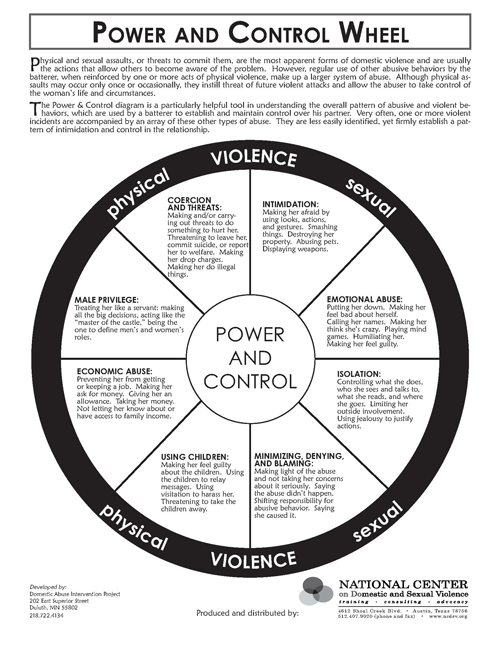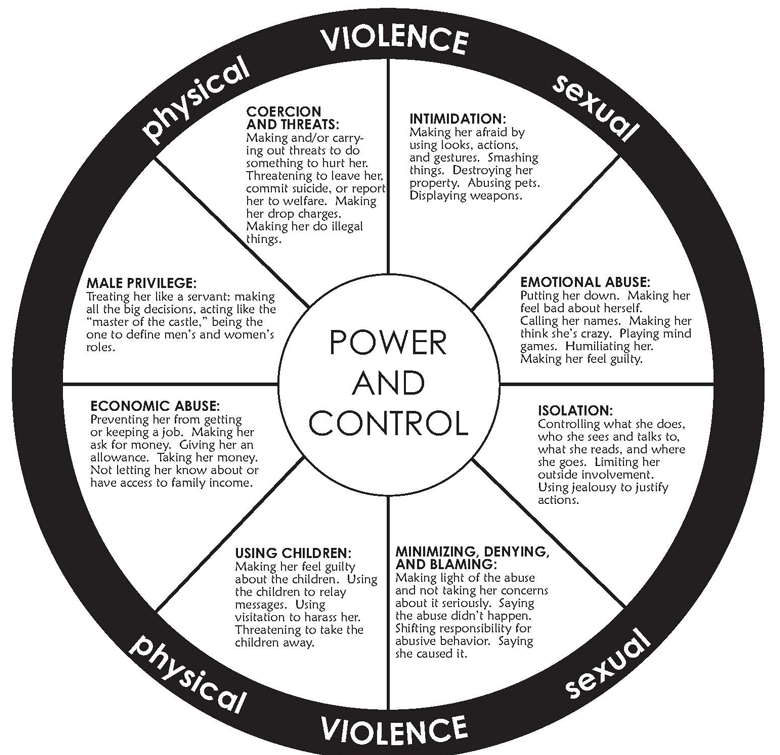After their break-up, Sarah noticed her ex-partner seemed to run into her more often than was coincidental. At the gym. At the grocery store. At daycare.
It was no coincidence. He wasn’t that good at guessing where she might be. In fact, she learned, he had attached a tracking device to her car.
Sarah was one of eight women speaking at a panel discussion program at Damariscotta’s Skidompha Library on Nov. 7, hosted by the Camden-based nonprofit Finding Our Voices organization, which works to support victims of domestic abuse.
“The basic structure [of abuse] is put together so slowly that you don’t really understand it… until you do.”
Her ex used an app that would show where and when she drove and at what speed. The results were transferred to a spreadsheet, Sarah said. Police confiscated the device and the records.
How many pages of spreadsheets did he have? Someone guessed 50.
No, there were 1,500 pages covering just a two-month period, she said.
Sarah’s story covered what she called “post-separation abuse.” The other women, each victims of domestic abuse, spoke of gradually sinking into an ever-tightening web of control, with violence and threats of violence ever present. The patterns in each story were strikingly similar.
Sarah structured her talk on vocabulary needed to understand the pattern, and expressed hope that police, lawyers, district attorneys, and judges would learn about the scourge of abuse. Her goal, she said, is “to break the silence and eliminate the shame.”
Is the system broken? No, she said. It’s created and maintained to sustain men’s power over women.
The first vocabulary term she recommended was “domestic abuse,” rather than domestic violence, because the term encapsulates a wider range which can include emotional, verbal, financial, and other abuses.
After her first marriage ended—an ex-husband with whom she still co-parents and even vacations—she met another man. It began with what she called “love bombing,” her second vocabulary term, characterized by extreme displays of affection.
The other women described the early days of their relationships similarly, as they were lavished with flowers, dinners, compliments, favors, and even promises of financial assistance.
“It was addictive,” Sarah recalled. She felt loved.
But then, he began commenting with “back-handed compliments,” or gave her “the silent treatment.” Which led to another vocabulary term: “gaslighting,” or convincing someone that it is she who is seeing things all wrong.
After particularly abusive behavior, he improved and showed regret. “Things always get better,” Sarah said, but the cycle of abuse would begin again.
While some abusers blame their behavior on depression or anxiety, “Mental health is not an excuse for domestic abuse,” she said. She also found herself making excuses for his bad behavior. “He had a tough week at work. He’s not feeling well.”
Sarah didn’t plan on having a child with this man, but got pregnant.
“He told me he couldn’t have children,” and the resulting pregnancy illustrated another abuse term she introduced—reproductive coercion.
When she began breast-feeding the baby, he would discourage it, saying it was selfish. When he arrived home from work, he would take the child into the bedroom and lock the door, saying he wanted to spend one-on-one time with him.
Finally, when the child was just seven months old, he took him to work, leaving him in the car seat or on the floor at construction sites where he worked, she later learned, force-feeding him formula. Sarah had called and texted him, sick with worry, but got no reply.
“That is when I decided to leave,” she said, but “ironically, he left me.”
Protection orders, mediation, battles over child-support, “and thousands and thousands of dollars” in legal fees followed.
She sold her car and got another one with new plates, hoping he wouldn’t recognize it. Then he begged her to let him return. When she refused, the tracking device seems to have been attached.
For his actions, her ex was sentenced to 20 days in jail. Police confiscated his guns, but Sarah said when her son visited the house, he observed guns in a closet. Police told her they couldn’t seize them unless he used them.
“Our system is set up to be reactive, not proactive,” she said.
Friends and family members might perceive Sarah as a strong woman who is educated and working in the professional world. “She’s smart. She should’ve known” about how to manage an abusive partner, she said.
And that led to the final vocabulary term—victim shaming.

The other women told similar stories. One woman, whose husband was an academic, heading up a university department, once punched her in the face while they were driving together when she suggested buying something for their grandchild.
As is often the case, she concluded the violence had been her fault.
He threatened suicide at one point, and later, so did she, and when she did, he offered to get the gun. She left him at age 65.
“No one chose to live with domestic violence,” she said. “I lived 43 years of hell on earth.”
Another woman said she was the victim of abuse at the hands of her partner, a woman. She also described the “gaslighting.”
Another said her boyfriend would punish her by canceling visits she had planned with friends and family for infractions of his impossible-to-meet code. She also described her boyfriend forcing sex on her.
“I had no trace of my personality left,” she said.
One victim on the panel remembered a friend gently helping her see the abuse, and she told the group to “Keep the door open, keep the conversation open” for those stuck in abusive relationships.
“The basic structure [of abuse] is put together so slowly that you don’t really understand it… until you do,” one of the women said.
Patrisha McLean of Camden is the founder and CEO of Finding Our Voices. Her ex-husband, singer-songwriter Don McLean, was arrested in 2016 and charged with domestic abuse. Her group has given $70,000 to victims to help with rent, transportation, and other costs associated with escaping. McLean also recruited 25 area dentists who have agreed to provide services to victims who have teeth damaged by abusers, she said.
The event was the seventh hosted this year by Finding Our Voices, which ranged from Millinocket to York, McLean said.
If you are a victim of domestic abuse, help is available by calling 1-866-834-4357.
More information about Finding Our Voices.





